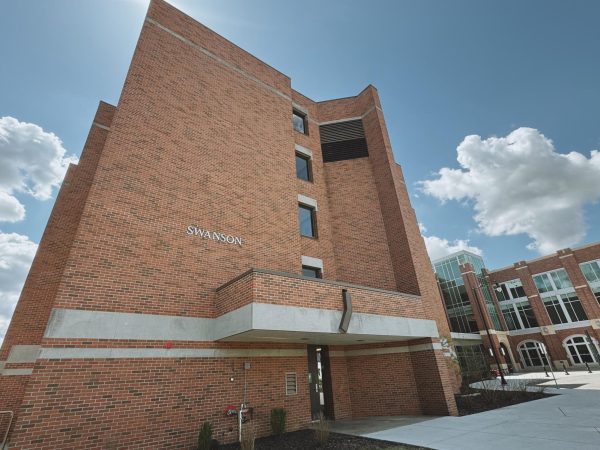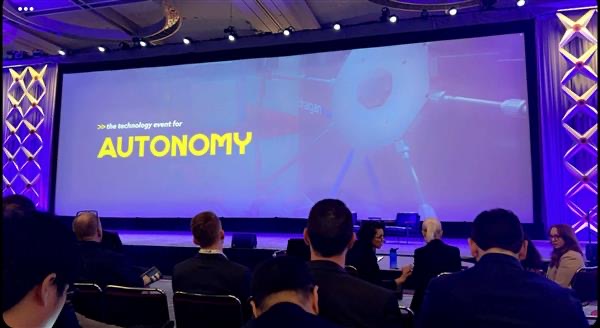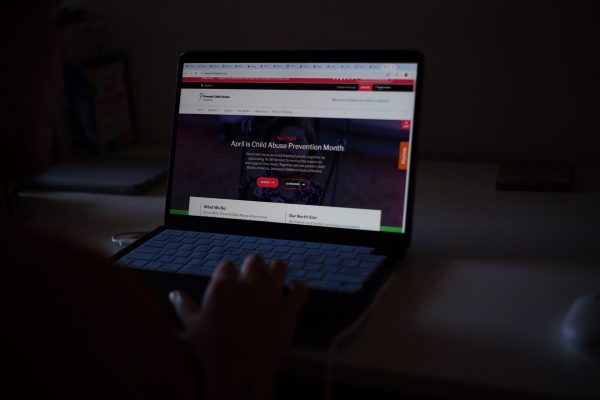Picking the Right Laptop
December 13, 2022
When it comes to college students today, our laptops are our lifelines. We store everything on them from our documents for classes to pictures from our last spring break trip we will never look at but will never delete. This makes it extremely important to make sure you use the right laptop for what you use.
There are three different paths that you can take when purchasing a laptop for school each with their own pros and cons. MacBook’s are expensive but high quality, Windows are cheaper, but the software can be troublesome, and Chromebooks, which are typically the cheapest of the three but have limited capabilities.
If you are looking for a computer that will last a long time and remain speedy for every day computing tasks, then a MacBook might work great for you, especially if you are already an Apple customer. The newest MacBook’s have some of the fastest processors you can find in a computer and work nearly seamlessly with an iPhone. They are solidly built computers and will put up with a beating. They do have some limitations being a lack of ports, low storage options, and high cost. Unless you plan on spending around $2,000 on the computer, you will be stuck with two USB ports and a maximum storage of 512gb. Mac’s also tend to have fewer software options so you could be limited if you require a special piece of software.
In contrast, Windows computers are the Swiss Army Knife of computers. There is a Windows computer that can fill any role and any budget. Nearly every software developer will create a version of their product to run on Windows, and Microsoft Office is best used when on a Windows computer, so there is no shortage of software to fill your needs for taking notes or anything else you need to do for class. Windows computers can usually be found for less than a MacBook but with more storage and more features, such as a touchscreen, tablet mode, and a larger number of ports to use. This wide number of computers and configurations can lead to less than perfectly optimized updates though and software glitches or slow updates can be a problem on a Windows computer.
The final option is one that many of us remember from high school as being the cheap, slow laptops that we had to grab off the big rolling carts to do a class project occasionally. Chromebooks were once the slow incapable computers that never had a place outside of the high school classroom, but they have since cemented themselves as a solid, more budget-friendly alternative to Windows or Mac. With most files being stored on the cloud, you can sacrifice a large internal storage plus the operating system is easy to run, and you can get a much lower power processor and still have a very capable system. This leads to a much cheaper computer that can still perform many of the same tasks if you do not mind using the browser versions of your applications. The newer, low-spec operating system does mean that you will be limited in which programs you can download and run, but if you are mostly going to be taking notes and browsing the web, they can be a very solid option.
Dylan Enerson is a Dakota Student Reporter. He can be reached at [email protected].












